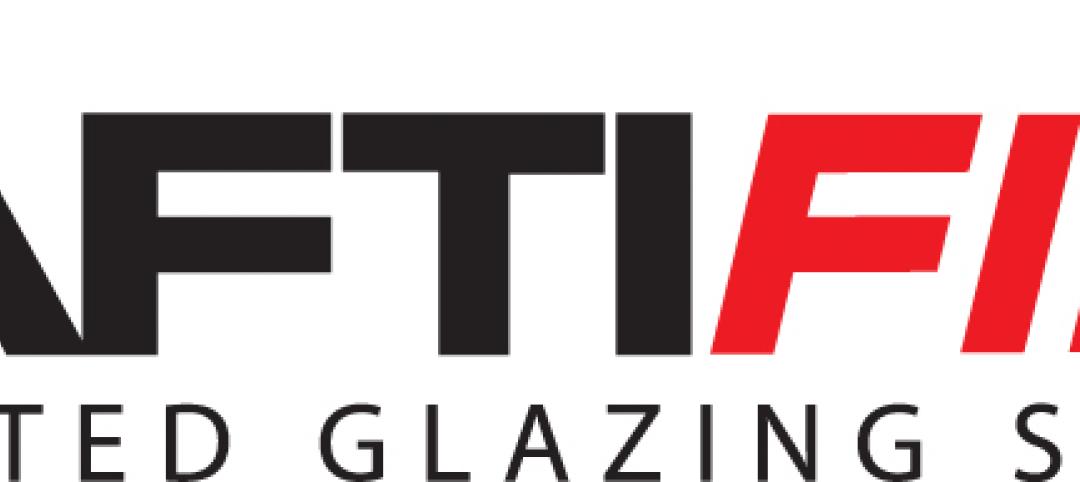The U.S. Department of Energy (DOE) said it will fund $61 million for 10 pilot projects that will deploy new technology for thousands of homes and workplaces to accelerate renewable energy adoption and grid resilience.
The 10 connected communities will equip more than 7,000 buildings with smart controls, sensors, and analytics to reduce energy use, costs, and emissions. The technology will allow building systems to interact with the electrical grid to optimize energy consumption.
U.S. Secretary of Energy Jennifer M. Granholm said the projects will “help universalize the technology” and further efforts towards “a carbon-neutral, clean energy economy by 2050.” Connected communities of grid-interactive efficient buildings (GEBs) use smart controls, sensors, and analytics to communicate with the electric grid, reducing the amount of energy they require during periods of peak demand.
A recent DOE study estimated that by 2030 GEBs could save up to $18 billion per year in power system costs and cut 80 million tons of carbon emissions each year. That is more than the annual emissions of 50 medium-sized coal plants or 17 million cars. DOE says its first two connected communities in Alabama and Georgia have already demonstrated this potential by using 42%-44% less energy than today’s average all-electric home.
Related Stories
| Feb 9, 2012
Stiffer OSHA fines put strain on Kansas contractors
A fine for a violation that once cost between $750 and $1,200 now runs $7,000 or more per incident, according to a state industry association official.
| Feb 9, 2012
Webinar focuses on lessons learned from LEED-certified industrial project
A Construction Specifications Institute webinar will focus on the lessons learned through the design and construction of a LEED-certified industrial project, Better Living Mill Shop, the first industrial building in Central Virginia to earn LEED certification.
| Feb 8, 2012
California likely to eliminate redevelopment agencies
Leaders of California cities had been trying to fashion a compromise with lawmakers after the state Supreme Court ruled the state had the authority to eliminate the agencies and use their property tax money for local services.
| Feb 8, 2012
Project aimed at economical seismic retrofits on historic Memphis structures
The group will develop a low-cost seismic retrofit model that would benefit aging brick-and-mortar structures. It involves bolting steel brackets to existing wooden floor and ceiling joists.
| Feb 8, 2012
Houston signs on to Better Buildings Challenge
The challenge has about $4 billion in federal and private-sector funds, which it will use for building energy upgrades nationwide in the next two years.
| Feb 8, 2012
OSHA offers free health and safety consulting for small businesses
The consultants offer confidential, non-punitive advice.
| Feb 8, 2012
Controversy over pay for prisoners on roofing job in Michigan
The disagreement was over whether the prisoners should have been paid prevailing wage for their brief time on the job because the project was paid for with a U.S. Department of Energy grant.
| Jan 30, 2012
ZigBee and ISO 50001: Two new standards to make buildings greener
These developments demonstrate the dynamic nature of the market and the continued need for development of program standards of many different types that help builders and owners translate high performance and sustainable buildings goals into practical measures on the ground.















